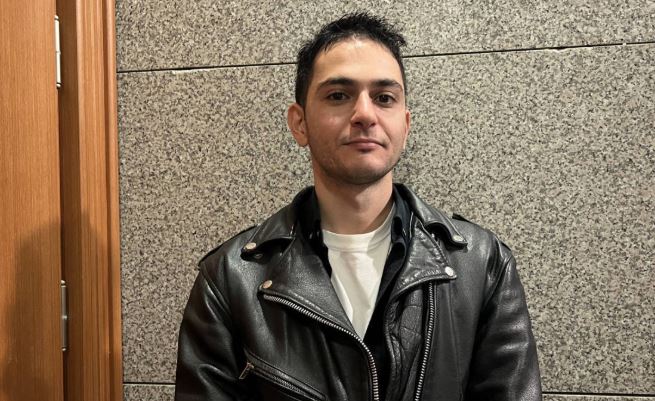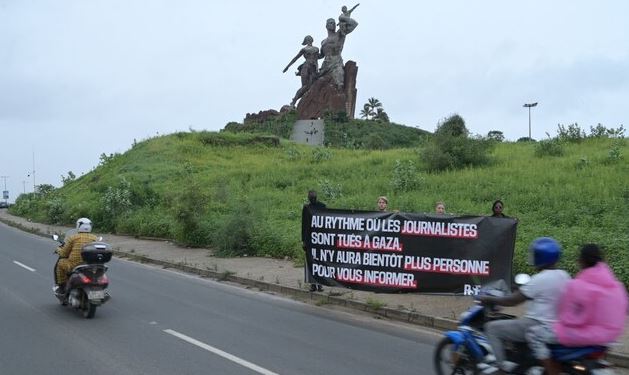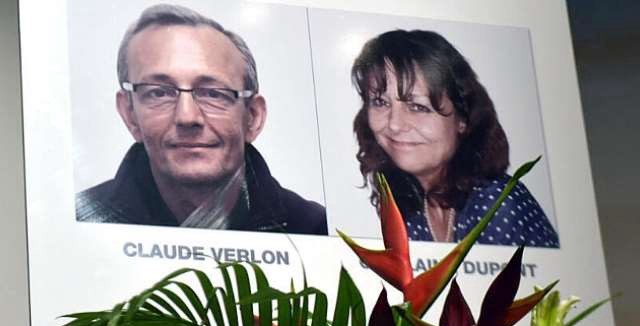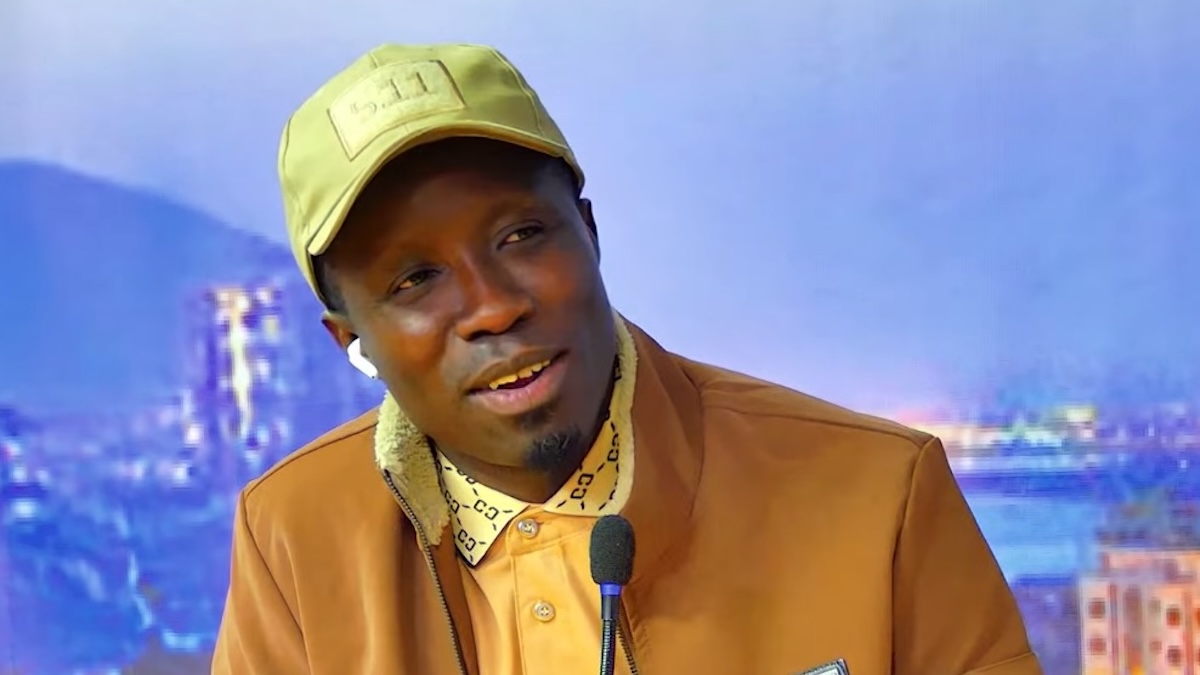
Turkey: Journalist Furkan Karabay’s Release Highlights Ongoing Press Freedom Crisis
November 18, 2024
RSF Warns Israel Over Labeling Gaza Journalists as ‘Terrorists’
November 19, 2024November 19, 2024 – Mozambique –
In the wake of Mozambique’s disputed October 2024 elections, the once relatively secure environment for journalists has crumbled, thrusting media workers into a perilous landscape of violence, intimidation, and legal harassment. According to the Committee to Protect Journalists, at least nine journalists—both local and foreign—have been detained, while two international reporters expelled and Internet shutdowns further crippled independent reporting.
On November 14 in Maputo, police apprehended South African journalists Bongani Siziba and Sbonelo Mkhasibe, along with local state broadcaster reporter Charles Mangwiro, detaining them in masked, militarized facilities. They were blindfolded, interrogated under espionage allegations, and denied medication—only to be released the next day.
Violence against reporters escalated sharply in the provinces. On November 13, plainclothes officers chased and shot at Catholic Radio TV Encontro reporters Cesar Rafael and Valdimiro Amisse after they refused to delete footage. They were later beaten and had their equipment stolen, rescued only by bystanders. Similar assaults afflicted other journalists: Lusa cameraman Paulo Julião was struck by a rubber bullet on November 4; Nuno Alberto was arrested, kicked, and forced to hold a protest sign during coverage; and Bruno Marrengula, a TV Gloria camera operator, suffered a broken tibia after being hit with a tear-gas canister while filming protests on October 21. Another journalist, Gaspar Chirinda of STV, was also injured by tear gas that same day.
These attacks occurred amid intense nationwide protests—including some resulting in over 400 fatalities—sparked by alleged election irregularities. Authorities responded with sweeping clampdowns: through tear gas, targeted shooting, forced disappearances of protesters, and outright intimidation of the press.
In response, CPJ urged urgent protective measures and investigations, warning that the assault on journalists reflects a larger threat: a retreat from democracy and the suppression of dissent. They also noted that journalists are being criminalized—accused of terrorism or defamation—and police intimidation extends to confiscating phones and disrupting digital access.
Mozambique now stands at a crossroads: its press freedom is not merely collateral damage, but a direct target. The safety of reporters and the integrity of information hang in the balance, making international pressure and judicial accountability more critical than ever.
Reference –
Journalists in the crossfire of Mozambique’s post-election crisis




